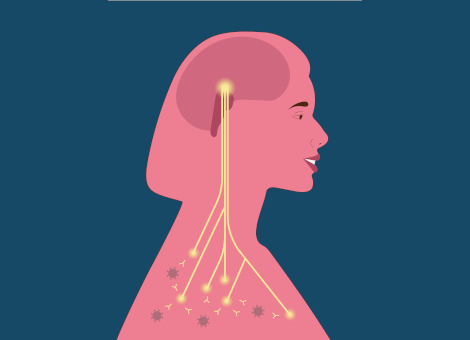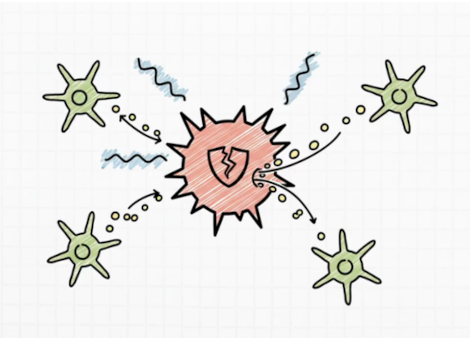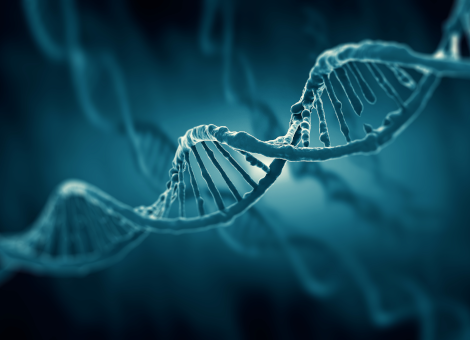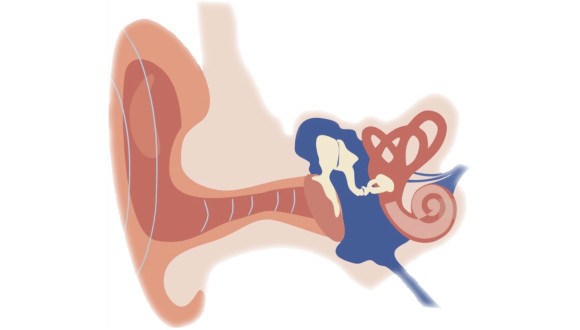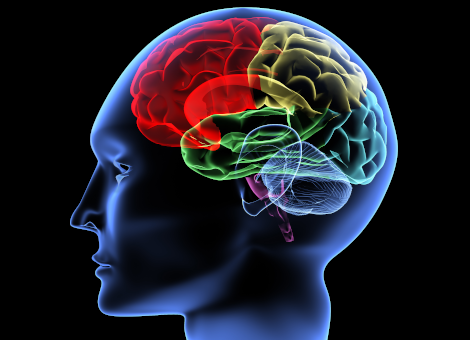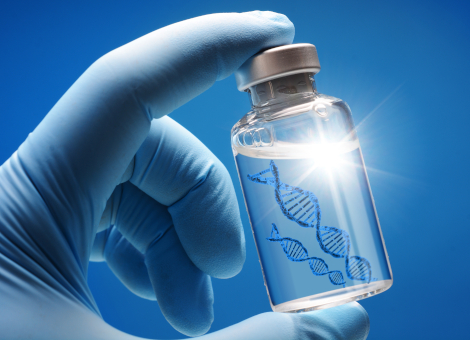
TAU research: Strength training delivers best and healthiest dieting results for both sexes
A new study conducted at the Gray Faculty of Medical and Health Sciences and the Sylvan Adams Sports Science Institute at Tel Aviv University (TAU) reveals a clear conclusion: strength (also known as resistance) training is the most effective tool for achieving “high-quality” weight loss, reducing body fat while preserving, and even increasing, muscle mass…. Read More
